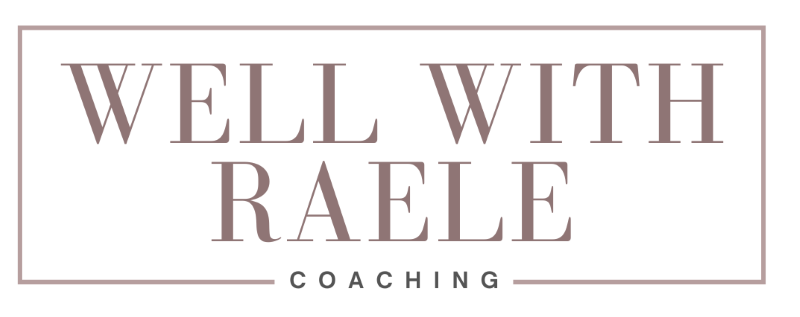In honor of #WorldHealthDay, which takes place every year on April 7th, I wanted to explore how self-esteem impacts not just mental health, but also physical health. One of my favorite sayings (and probably my unofficial slogan) is “everything you think and do starts with how you feel about you” and this is true from the inside out! Believing in ourselves is so important and literally crucial to our overall health. Let’s get into the reasons why.
I won’t bore you with the number of scientific reports and articles I read in order to put together this blog post (though I’ve linked my direct sources if you want to read more). Instead, we’ll break it down in layman’s terms. Basically, your level of self-esteem acts as an internal filter against the stressors that come your way. These stressors range widely and can definitely include a traumatic event, such as the death of a loved one or experiencing your parents get divorced. But they can also include stressors we experience daily, like being stuck in traffic and running late, or dealing with your child who is having a rough day.
Your Body & Its Response to Stress
The physical body releases a “fight or flight” response when experiencing acute stress, activating a rush of hormones that essentially puts you in survival mode. When this response and rush of hormones becomes a chronic survival method, it starts to take a serious toll on the body and causes physical problems overtime. These problems can include cardiovascular disease, ulcers, changes in fertility/sex drive, altered eating habits, and so much more.
So where does self-esteem come in? Well, your confidence level and the things you tell yourself contribute to the attitudes and perceptions you create in your mind, which then make up that internal filter we talked about earlier. When the filter is weak, your body is constantly responding to stress and everything has potential to be a trigger.
Our Friend, Veronica
Let’s use a random person to create an example. This person, we’ll name her Veronica, feels insecure about her relationship with her spouse and feels like she’s not good enough for him for whatever reason. Veronica’s spouse, Rick, loves her very much and confronts her in a caring way about something small (stressor). Veronica, already having underlying thoughts and low self-esteem in this department, perceives this as a major problem. She thinks about the problem for weeks, worries that Rick wants to leave her (because of her own self-beliefs) even though he never implied that, and misses out on sleep. Missing out on sleep results in Veronica not having the energy to exercise, so she skip a few days worth of workouts. To soothe her feeling of insecurity and worry, she looks to comforting habits like watching a little more TV and eating delicious but not-so-healthy snacks. A few weeks later, Veronica has a doctor’s appointment and they tell her that her blood pressure and cholesterol levels are high. Ugh.
Veronica is a super simplified example, but is it clear how our beliefs and confidence levels form our attitudes and how we handle life’s situations? Is it easier to also understand how that eventually seeps into our physical being? The more self-esteem you have, the better you will be able to manage your attitudes and perceptions to various stressors and consider them less of a threat. The less threat that exists, the less your body needs to be in “fight or flight” mode, and the healthier you can be.
Self-Worth & Behavior
Self-esteem and self-worth are also foundations for how we treat ourselves and our bodies, which is a more obvious angle of this correlation to physical health. Two sociology professors from Florida State University conducted a study on 800+ boys over a period of 9 years, and found that low self-esteem was highly correlated to drug use and dependency. “Low self-esteem is kind of the spark plug for self-destructive behaviors, and drug use is one of these,” said professor John Taylor in his report. “It’s a fundamental need to have a good sense of self. Without it, people may become pathologically unhappy with themselves, and that can lead to some very serious problems.”
Believing in ourselves and formulating deep self-confidence takes real work, especially when you’ve faced a challenging upbringing or some kind of traumatic event in your life (and honestly, who hasn’t?). But it is so important to do so, not only for our goals and future selves, not only for our mental health, but for our physical health as well. The next time you allow a negative thought to creep into your mind, or let an insecurity linger too long, visualize that wearing down your internal filters and protectors against stress. Then think about the long term effects that could have on your physical well-being. Finally, swat those negative thoughts away and replace them with something reassuring and positive. Remember, everything you think and do starts with how you feel about you.





